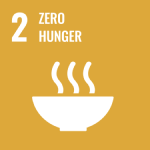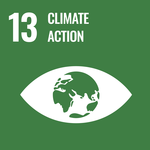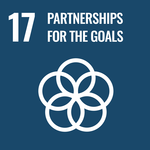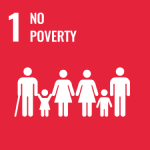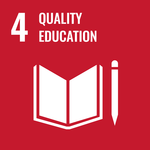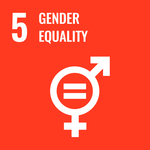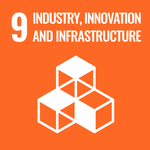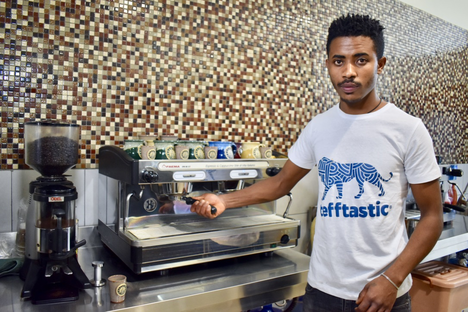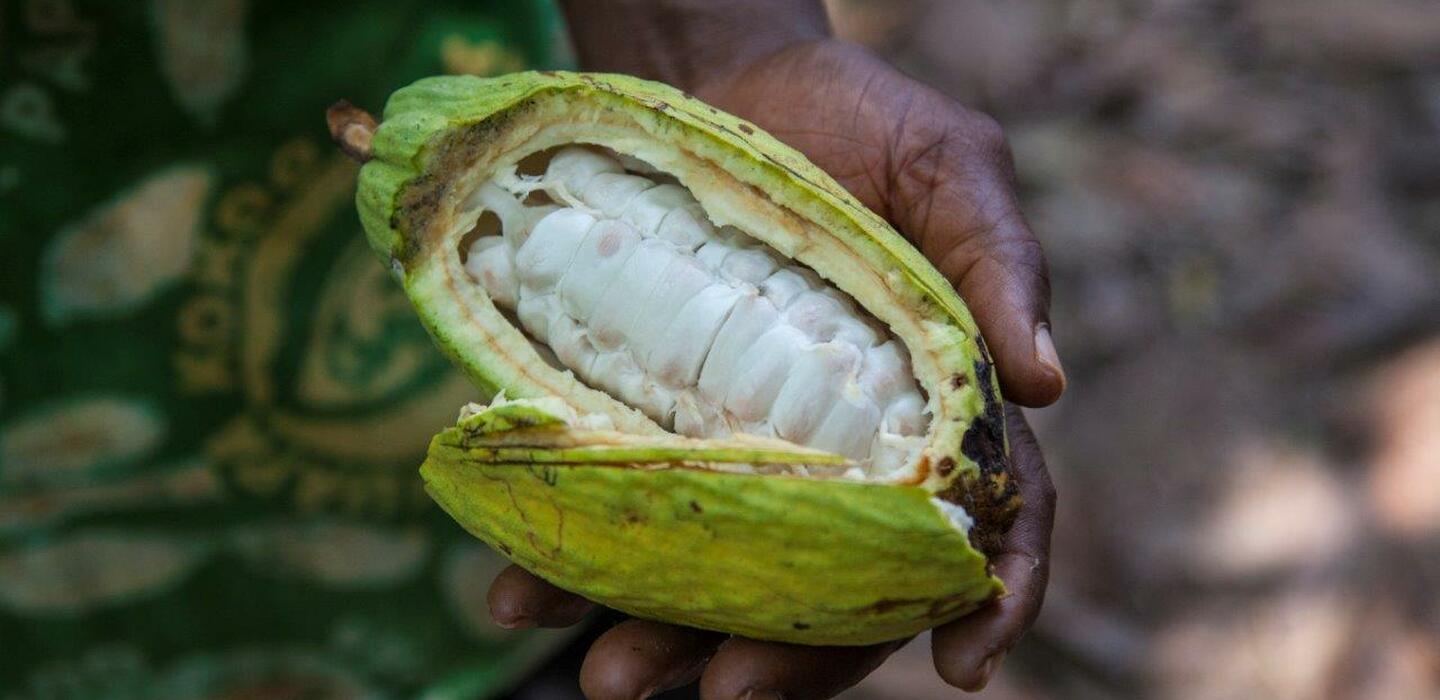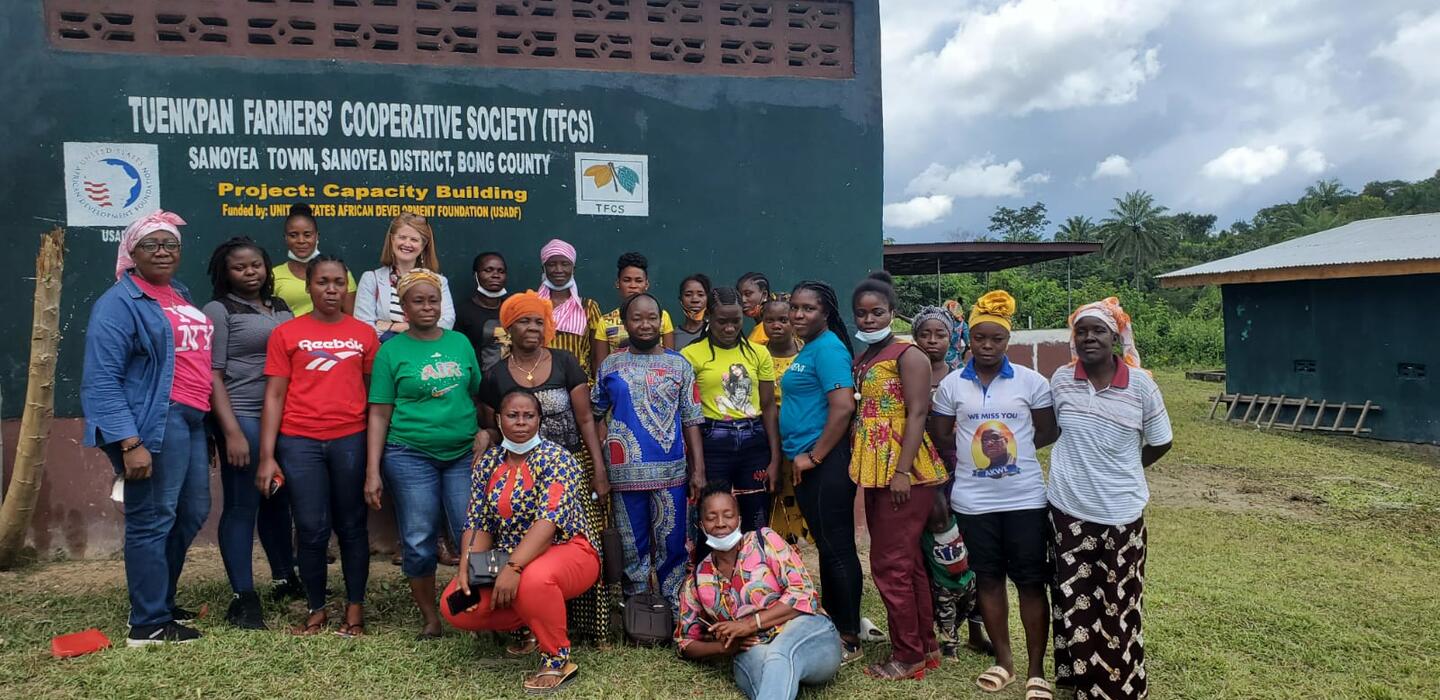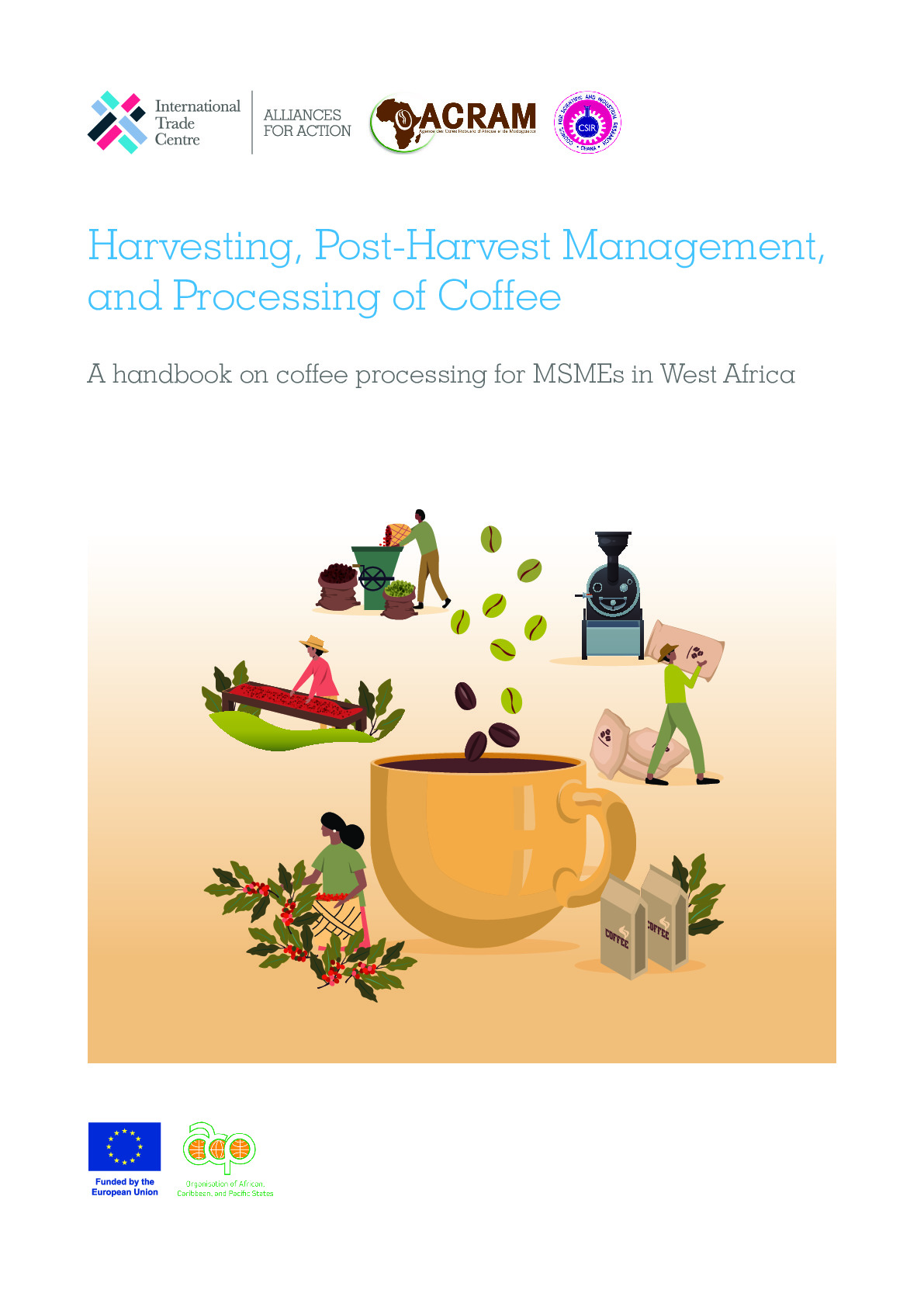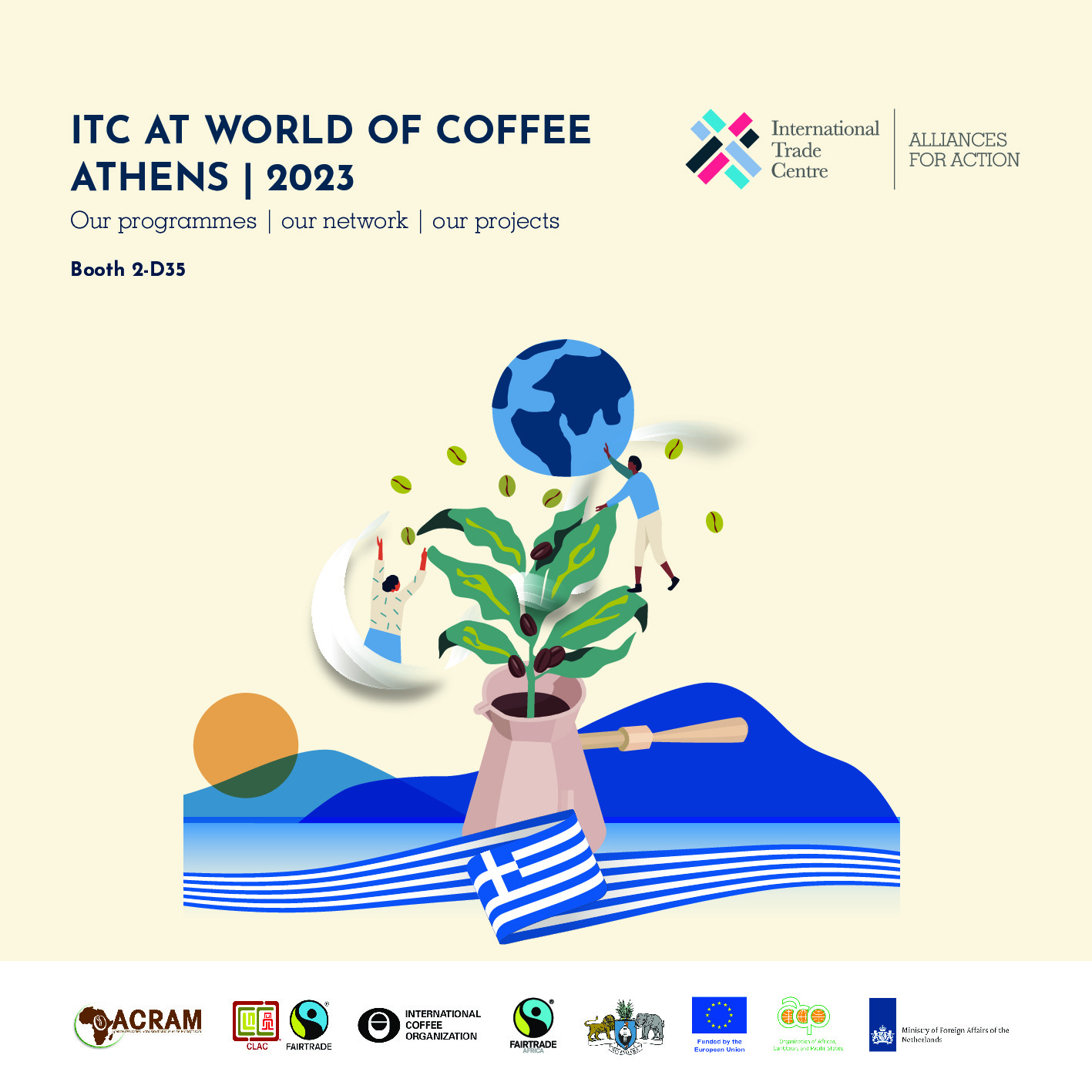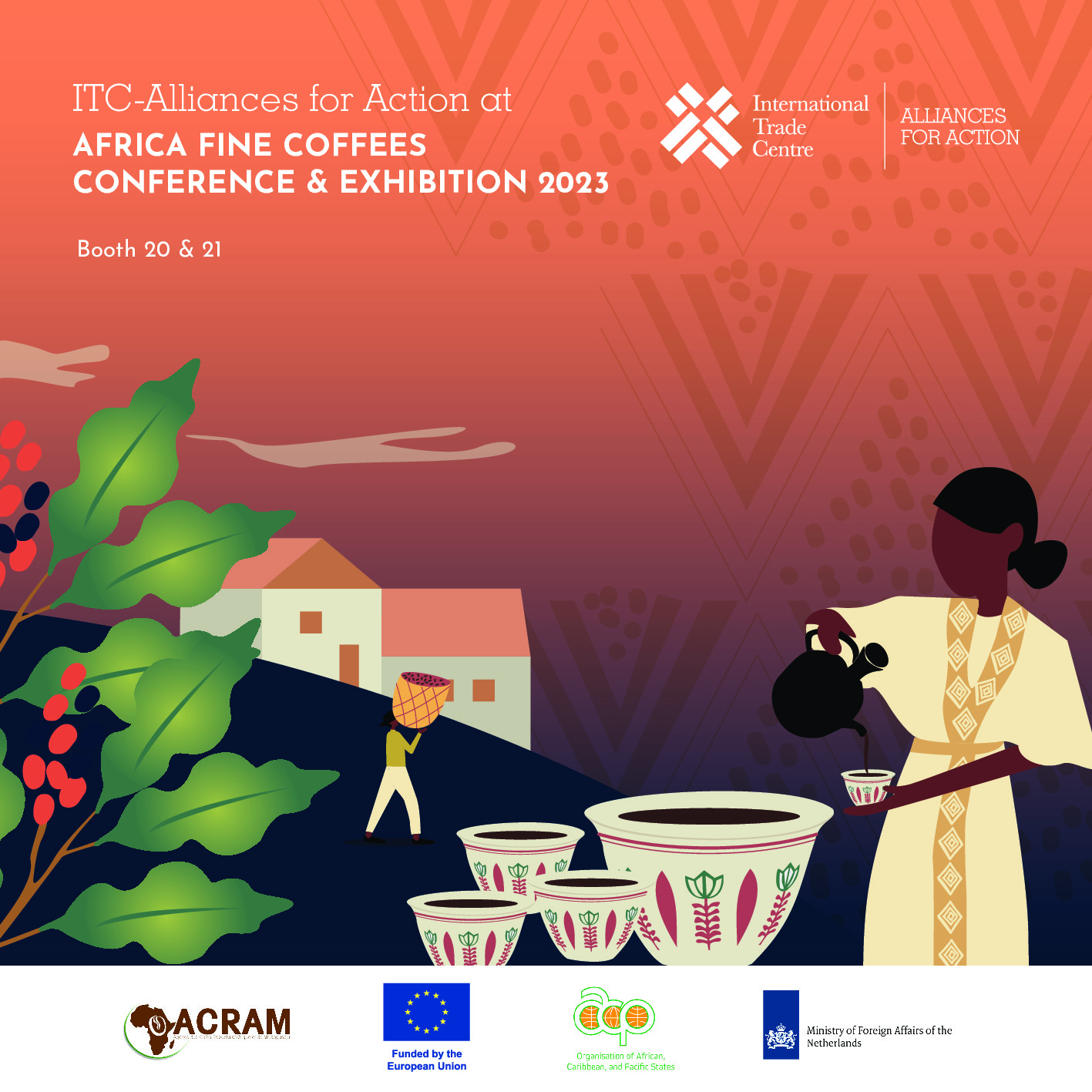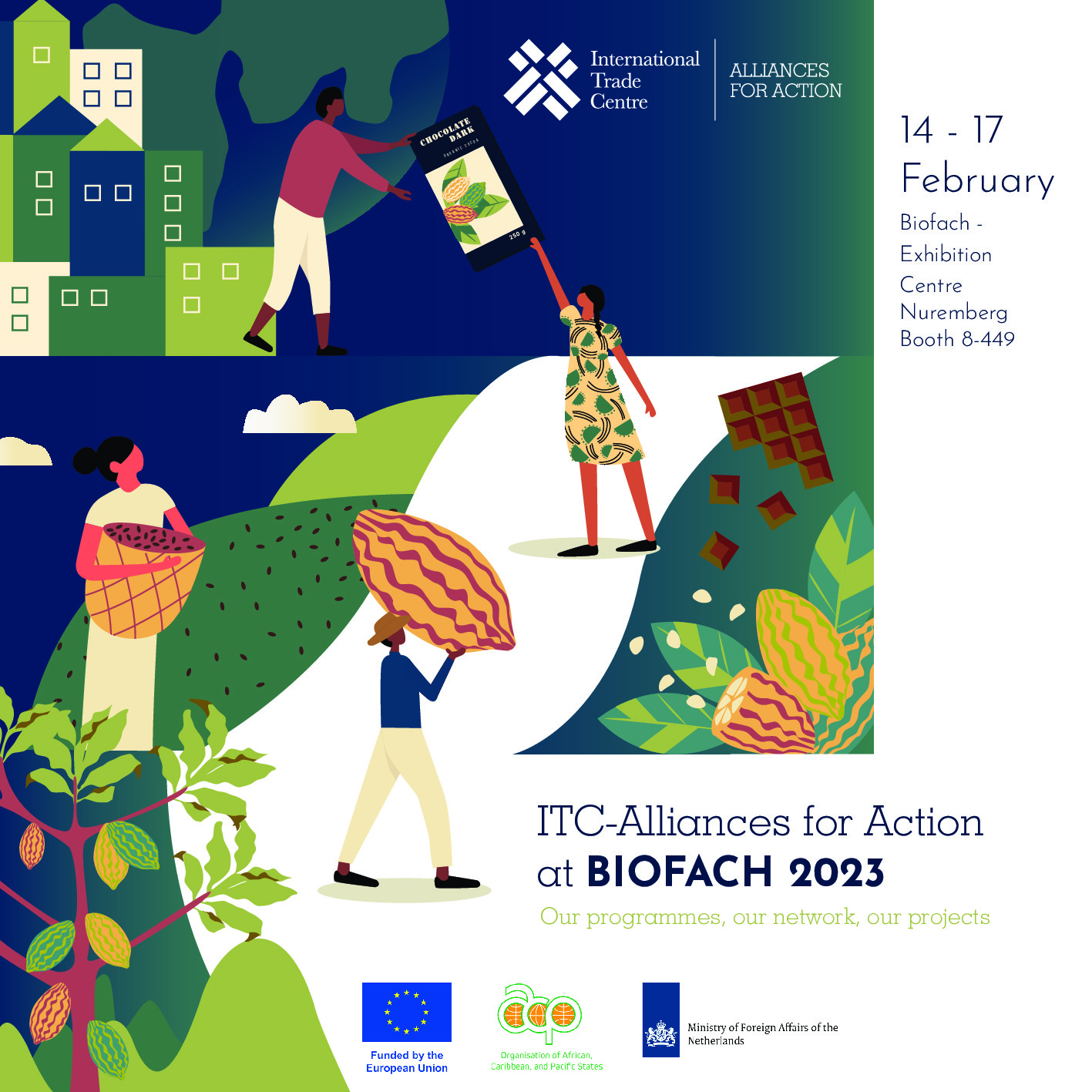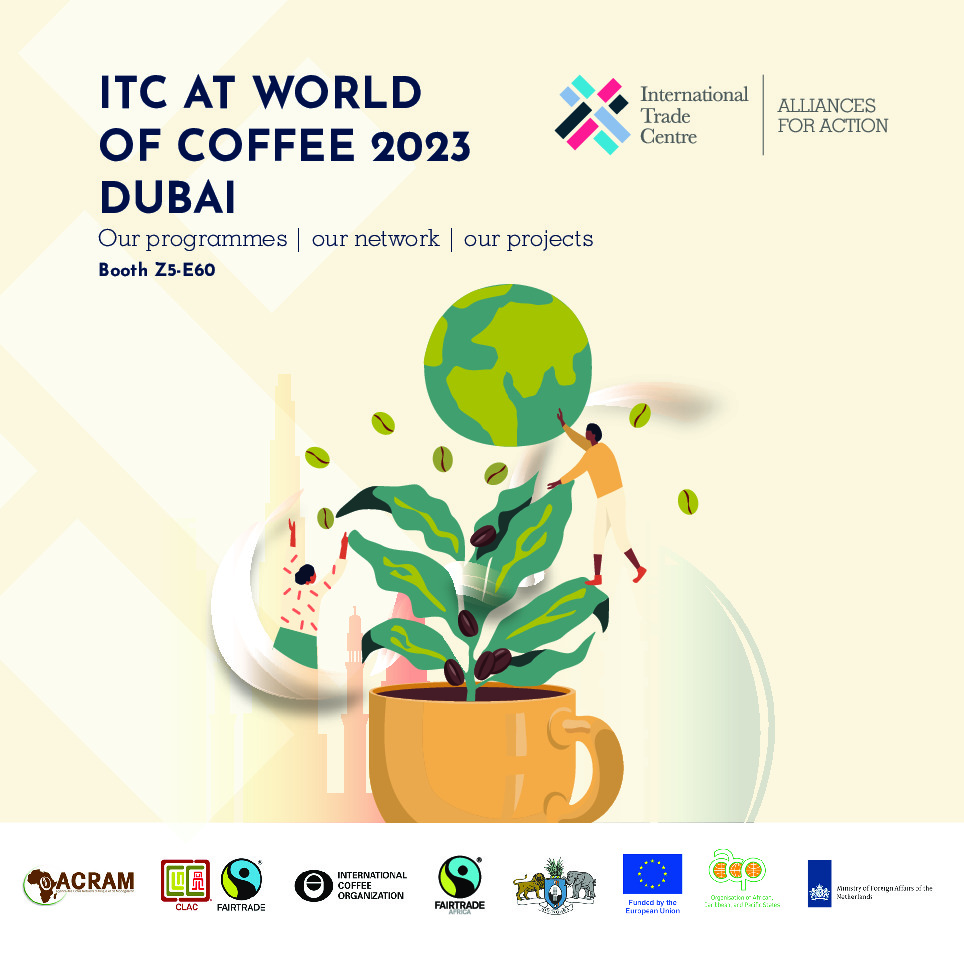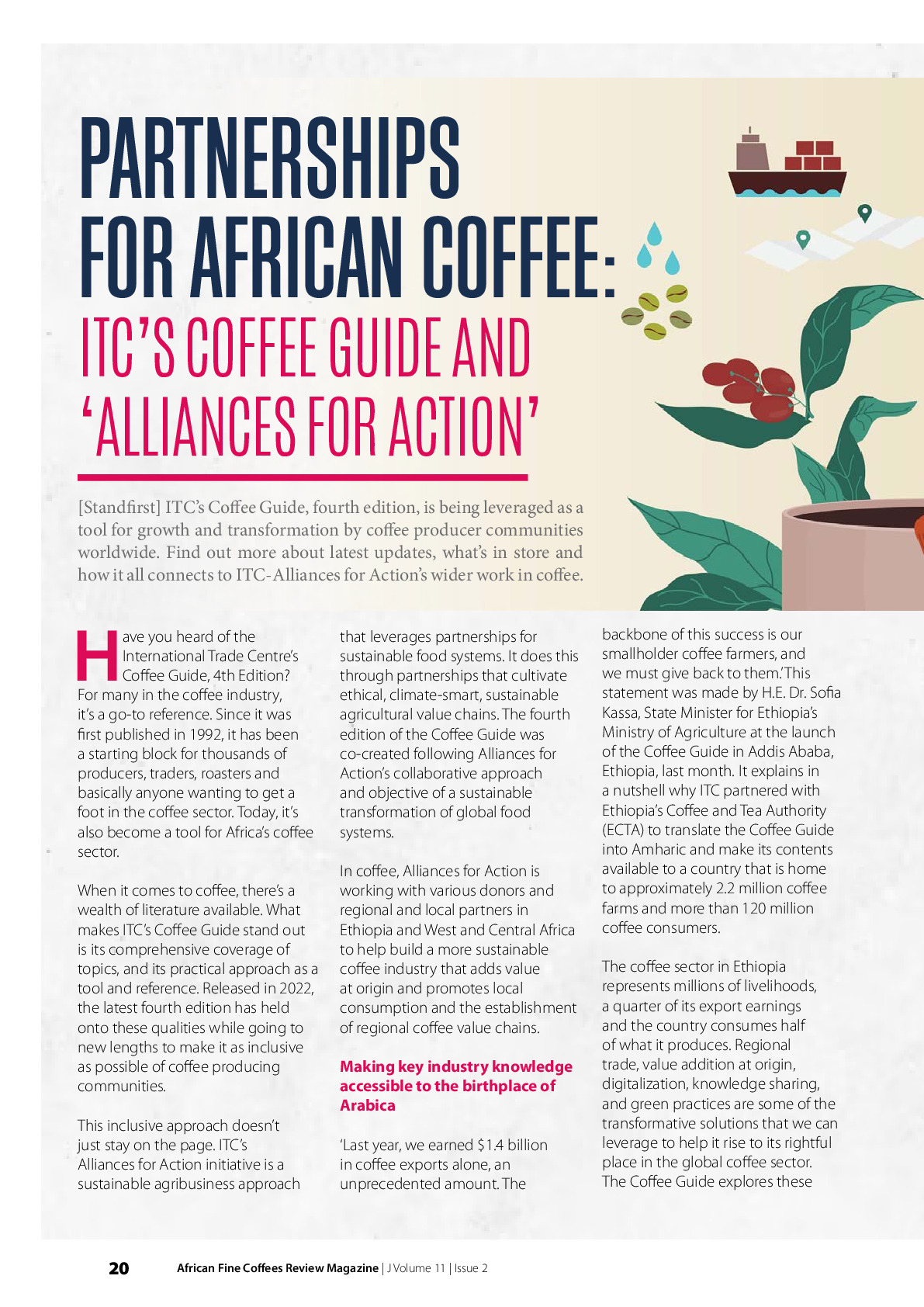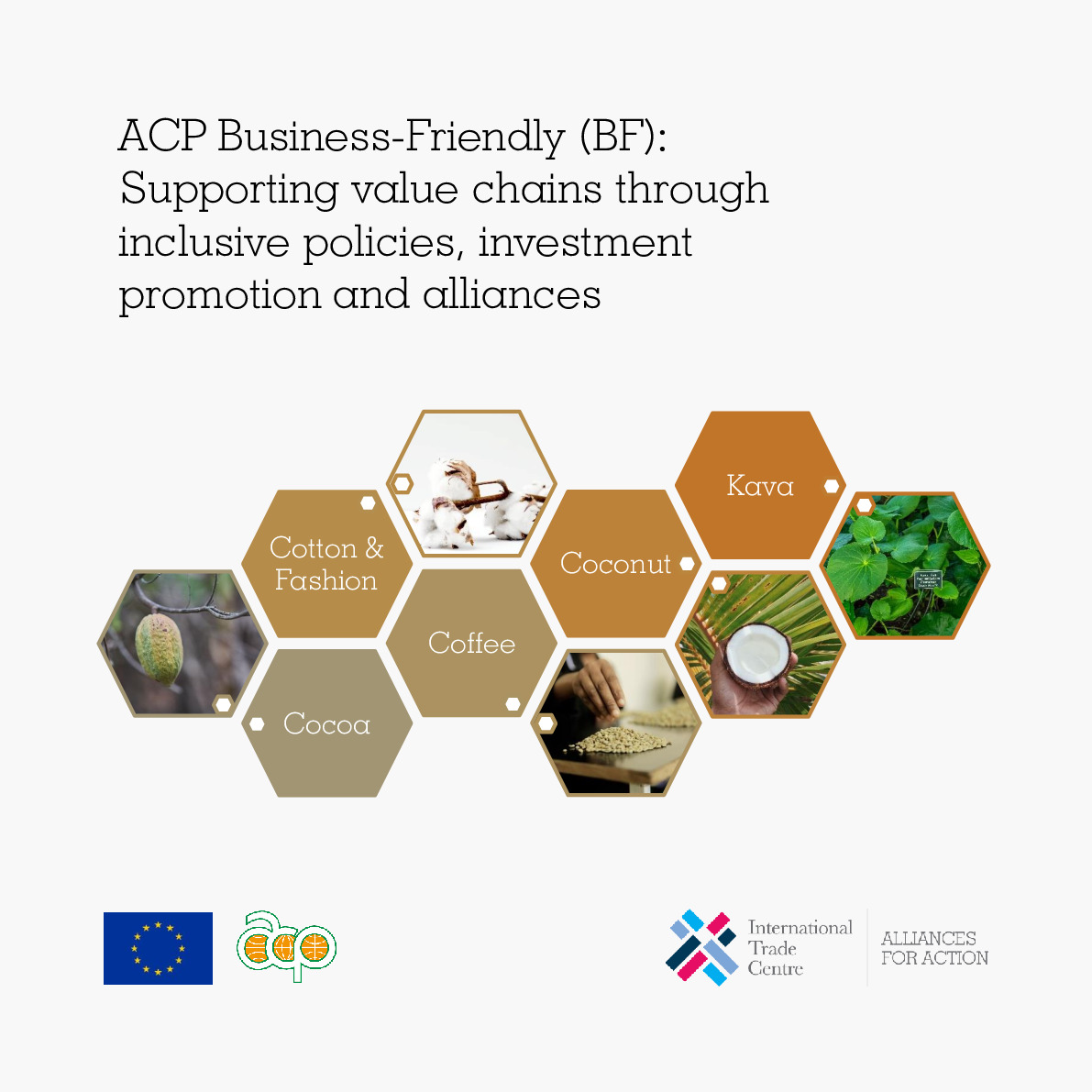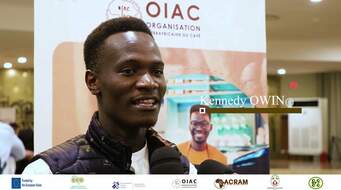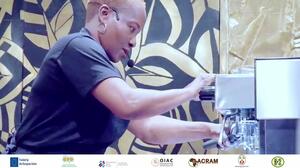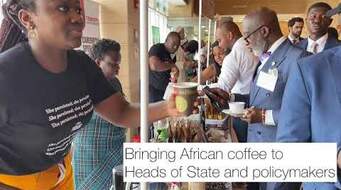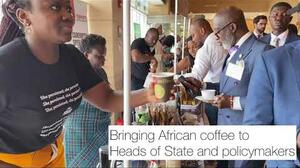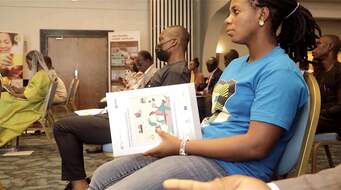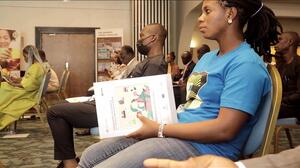ACP Business-friendly: Supporting value chains through inclusive policies, investment promotion, alliances and access to finance
Sustainable Development Goals
<p>ITC is currently implementing the micro-level pillar of the EU-ACP Business-friendly programme, which aims to support value chains through inclusive policies, investment promotion, and alliances. The program focuses on strengthening value chain governance and investment, as well as increasing the competitiveness of small farmers and MSMEs. A recently signed top-up agreement extends the implementation duration of the existing EU-ACP Business Friendly programme (B807) by 48 months, integrating additional funding and outputs into the existing initiative. The top-up aligns with the programme's objectives and will enhance access to value chain finance and sustainable investment. Three new outputs include enhancing access to agribusiness Value Chain finance and a Capacity Building Mechanism to support Human Rights and Environmental Due Diligence, CSR and accompanying measure implementation, tailored to OACPS Member States. An initial six-month inception phase define the scope of intervention in the rum/sugar sector and advanced the selection of additional countries that will be included in the ongoing project across all value chains, namely coffee, cocoa, coconuts, cotton/fashion, kava, and rum/sugar sectors.</p>




